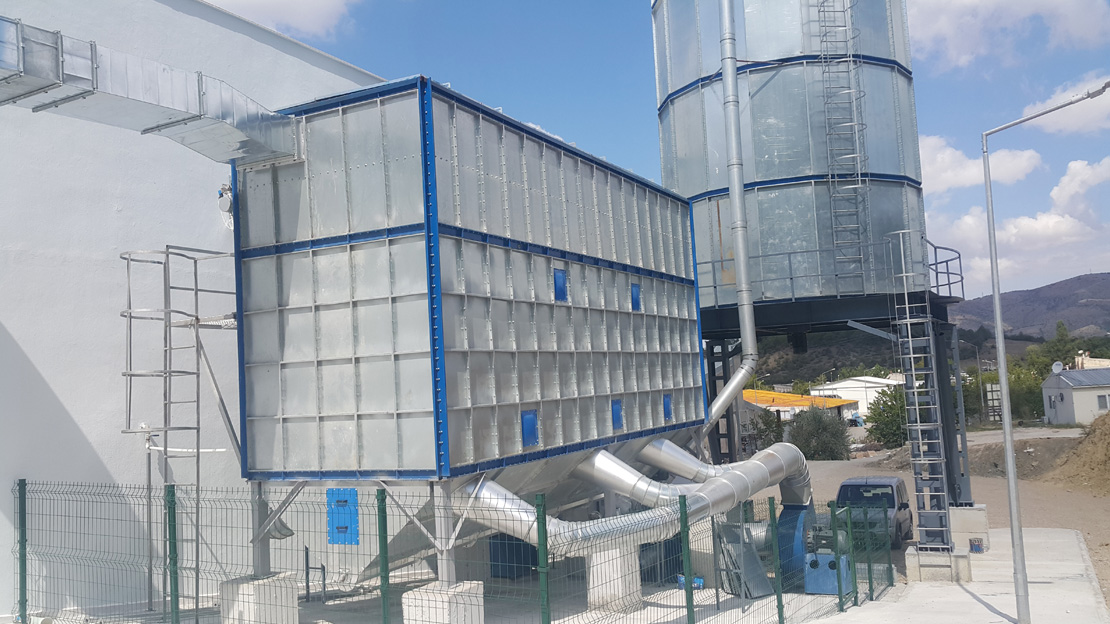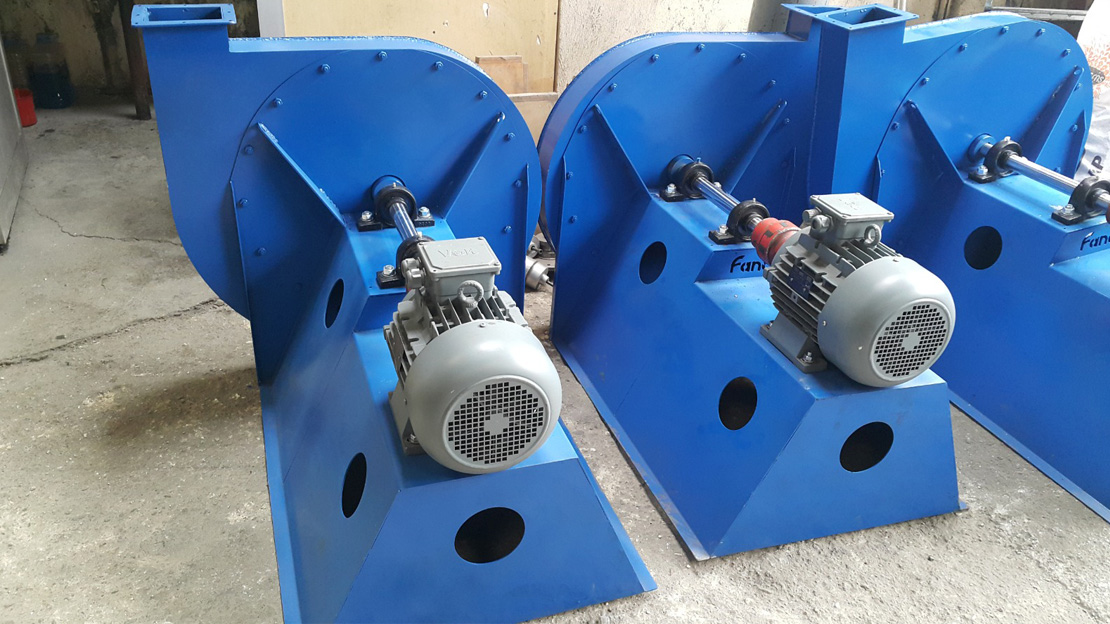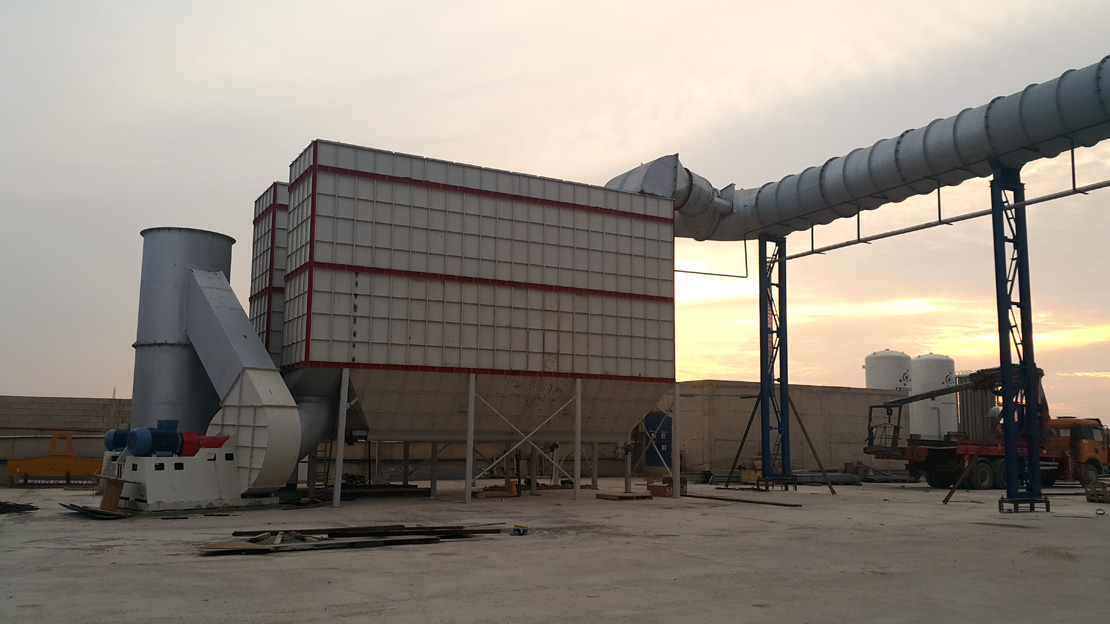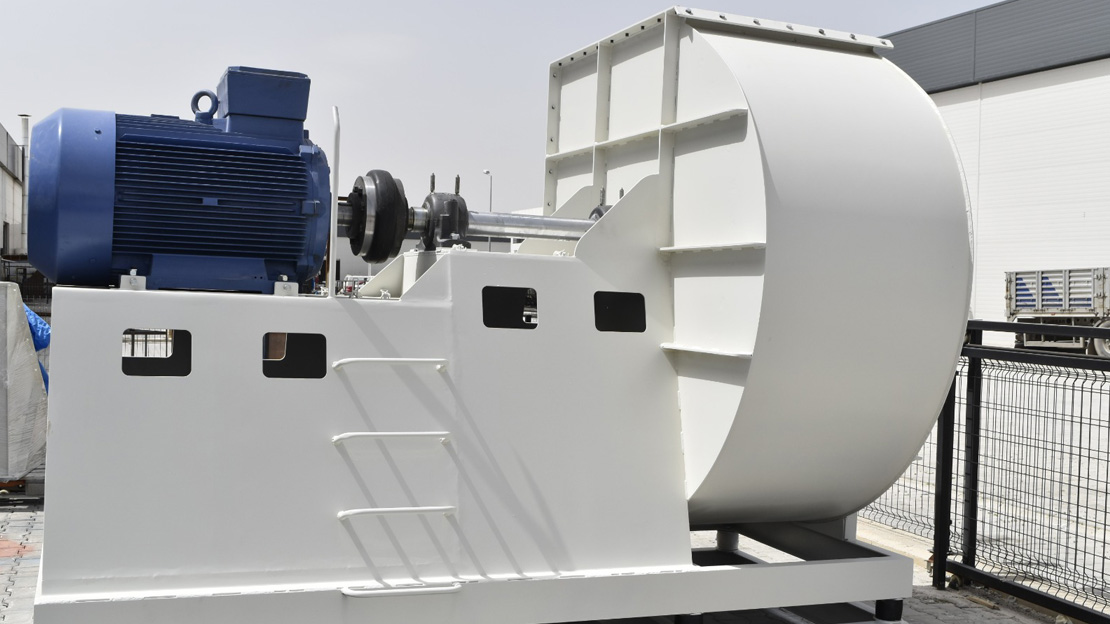








What Does Industrial Filter Mean? The oldest constant in our history books, and probably one of man's first simple tools, is the fan. A modest fan, sculpted from a simple tool, has not changed from fashionable feathers to a mechanized solution of modern times. Even with the invention of an air conditioning unit, the fan remains the most basic and energy efficient cooling system we have today. Unlike an air conditioning unit, a fan simulates wind and natural airflow, creating a pleasant breeze for everyone. While the typical person would easily identify a fan by the material used basically, there are big differences between a commercial fan and an industrial fan. The differences between the two lie in their size, variation, typical use and durability. Industrial grade fans are generally of two types: centrifugal and axial fans - usually centrifugal fans are those in which air is condensed towards the core (flow and pressure), while axial fans are directed outward (flow). Although both are commercially produced for different uses, the fans we normally use are axial fans. Axial Fans Axial fans consist of several parts, the motor to which the shaft is attached and the blades to which the air is distributed. Here it will be easier to discuss the difference between the two in terms of material, construction, engine, airflow rate and function. The easiest thing to note between the two is the materials used for each. Commercial fans or general purpose fans are usually made of mild steel sheet. Today, plastic and metal are widely used. It is easy to build as it is usually made of lightweight materials - bolted and mounted to their base engines. These basic motors are flexible, although less durable than industrial grades. In terms of design and flexibility, the advantage of using a commercial fan is that there can be a variety of designs, material finishes or patterns that can be incorporated into the blades. This allows commercial fans to be easily produced in a range of designs and colours.
Professional Services Meanwhile, an industrial fan, which is usually larger in size and capacity, comes with a limited set of finishes. Industrial grade fans made of heavy gauge cast aluminum or stainless steel are generally more functional than commercial ones. There is also a big difference in the range and length of the blades, as commercial fans have less reach than industrial fans. Because it is made for heavy duty and continuous operation, industrial grade fans are welded to ensure the strength and longevity of the material. Unlike commercial fans, an industrial fan is more rigid and cannot be easily repackaged and reassembled. But having such a rigid structure can also have benefits. Although more expensive than commercial fans, industrial fans outperform them in terms of durability.
Bu site çerezler kullanır. Sitede gezinmeye devam ederek çerezlerimizin kullanımını kabul etmiş olursunuz.
Daha fazlası